Talk Overview
We asked 12 Nobel Laureates to tell us their story of when Stockholm called.
Speaker Bio
Eric Wieschaus
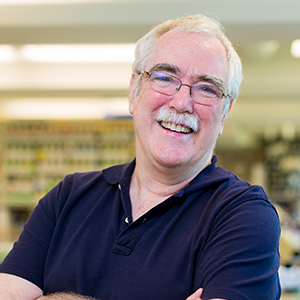
I grew up in Birmingham, Alabama and did my undergraduate work at University of Notre Dame. During my graduate work at Yale University, the professor I was working with (Walter Gehring) decided to return to his home country of Switzerland and I followed him and completed my Ph. D research in Basel, Swizterland. After doing… Continue Reading
Phillip Sharp
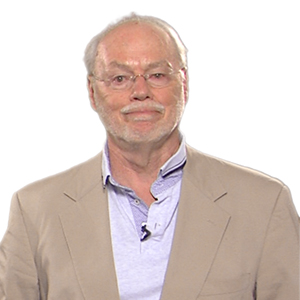
Phillip A. Sharp is Institute Professor at the Koch Institute for Integrative Cancer Research at the Massachusetts Institute for Technology. He is a veteran geneticist and molecular biologist most known for his work discovering RNA splicing in human cells. He was awarded the Nobel Prize in Physiology or Medicine along with Richard J. Roberts for… Continue Reading
Randy Schekman
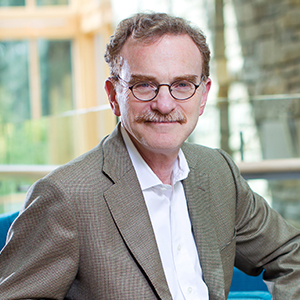
Professor, Molecular & Cellular Biology; HHMI Investigator
University of California, Berkeley Continue Reading
James Rothman
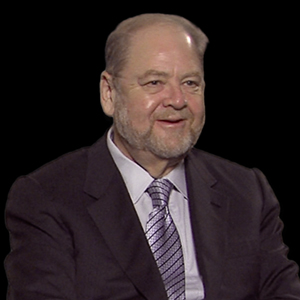
Dr. James Rothman is the Wallace Professor of Biomedical Sciences and Chair of the Department of Cell Biology at Yale University School of Medicine. He uses biochemical and biophysical approaches to uncover the mechanisms involved in vesicle trafficking and vesicle fusion. In addition to the Nobel Prize, Rothman has received many awards and honors for… Continue Reading
Christiane Nüsslein-Volhard
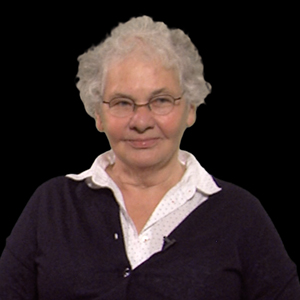
Christiane Nüsslein-Volhard is the Director of Genetics at the Max Planck Institute for Developmental Biology. Throughout her career, Nüsslein-Volhard has studied the genetic basis of development and morphological variation using Drosophila and zebrafish as model systems. She was awarded the 1991 Albert Lasker Award for Basic Medical Research. Continue Reading
Avram Hershko
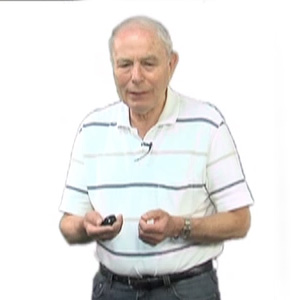
Dr. Hershko is a Professor of Biochemistry at Technion Israel Institute of Technology where his lab studies the regulation of the mitotic checkpoint. In 2004, Hershko was awarded the Nobel Prize in Chemistry with Drs. Ciechanover and Rose for the discovery of ubiquitin-mediated protein degradation. For the past two decades, Hershko has spent his summers… Continue Reading
Michael Brown
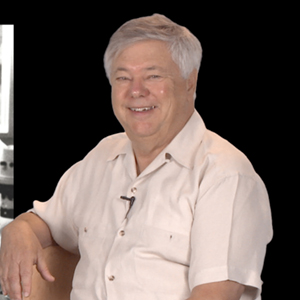
Michael S. Brown received a B.A. degree in Chemistry in 1962 and an M.D. degree in 1966 from the University of Pennsylvania. He was an intern and resident at the Massachusetts General Hospital, and a postdoctoral fellow with Dr. Earl Stadtman at the National Institutes of Health. In 1971, he came to UT Southwestern where… Continue Reading
Edmond Fischer
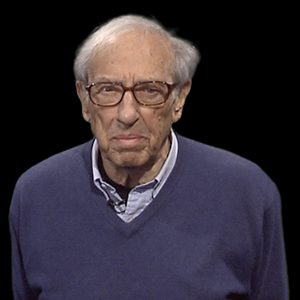
Edmond Fischer is Emeritus Professor of Biochemistry at the University of Washington. He, along with his colleague Edwin Krebs, demonstrated for the first time the mechanism of reversible protein phosphorylation on the enzyme glycogen phosphorylase. Fischer and Krebs were awarded the Nobel Prize in Physiology or Medicine in 1992 for this discovery. Since their initial… Continue Reading
Martin Chalfie
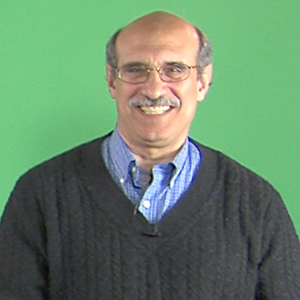
Martin Chalfie is a Professor of Biological Sciences at Columbia University where his lab investigates the development and function of touch sensitive nerve cells in C. elegans. In 1988, Chalfie realized that GFP had great potential as a marker of gene expression in living cells and, with his colleagues, he went on to develop this… Continue Reading
Joseph Goldstein
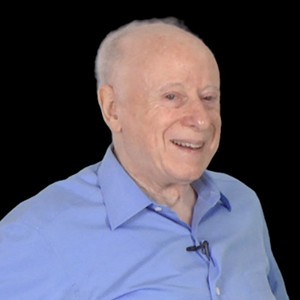
Joseph Goldstein is Chair of the Department of Molecular Genetics at the University of Texas Southwestern Medical Center and Michael Brown is Professor of Molecular Genetics and Director of the Jonsson Center for Molecular Genetics at UTSW. For over 40 years, Drs. Brown and Goldstein have directed a lab together and worked to understand the… Continue Reading
Steven Chu
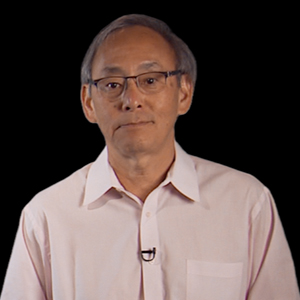
Steven Chu is Professor of Physics and Molecular & Cellular Physiology and the William R. Kenan, Jr., Professor of Humanities and Sciences at Stanford University. From 2009 to 2013, he served as US Secretary of Energy. At the time of his appointment to the Cabinet, he was a Professor of Physics and Molecular and Cell… Continue Reading
Elizabeth Blackburn
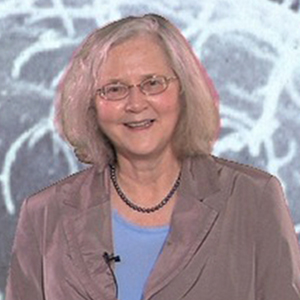
Dr. Blackburn is a leader in the area of telomere and telomerase research. She discovered the molecular nature of telomeres-the ends of eukaryotic chromosomes that serve as protective caps essential for preserving the genetic information – and discovered the enzyme telomerase, which replenishes telomeres. Blackburn is currently a Professor in the Department of Biochemistry and… Continue Reading
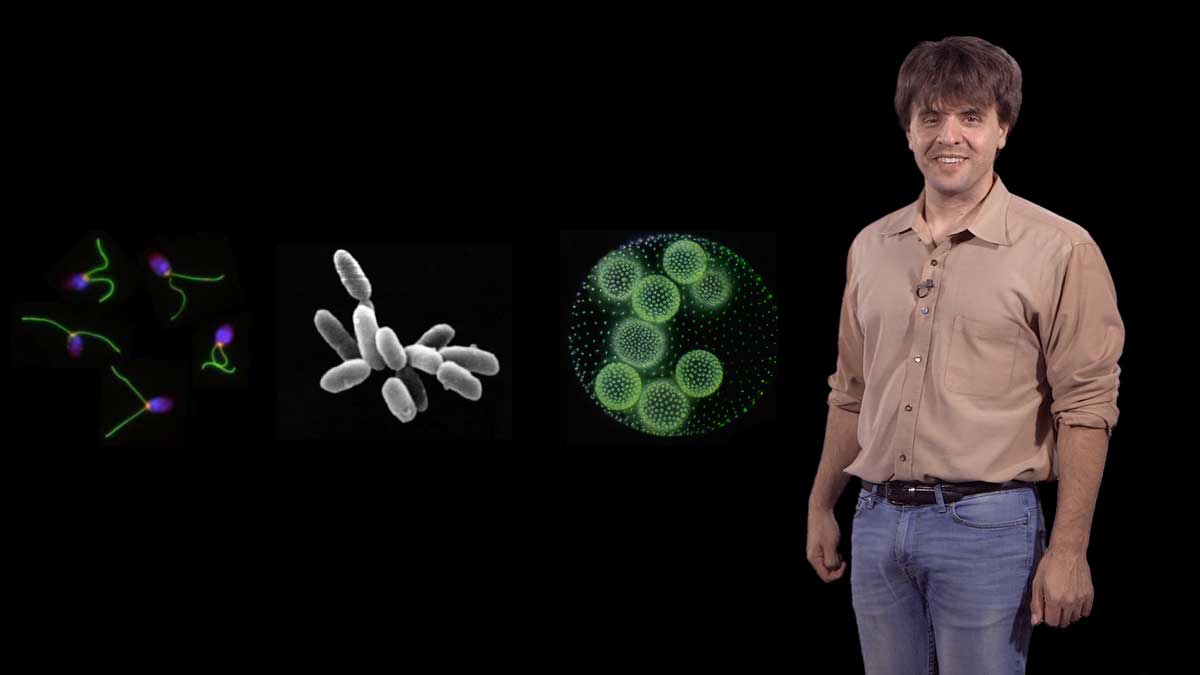
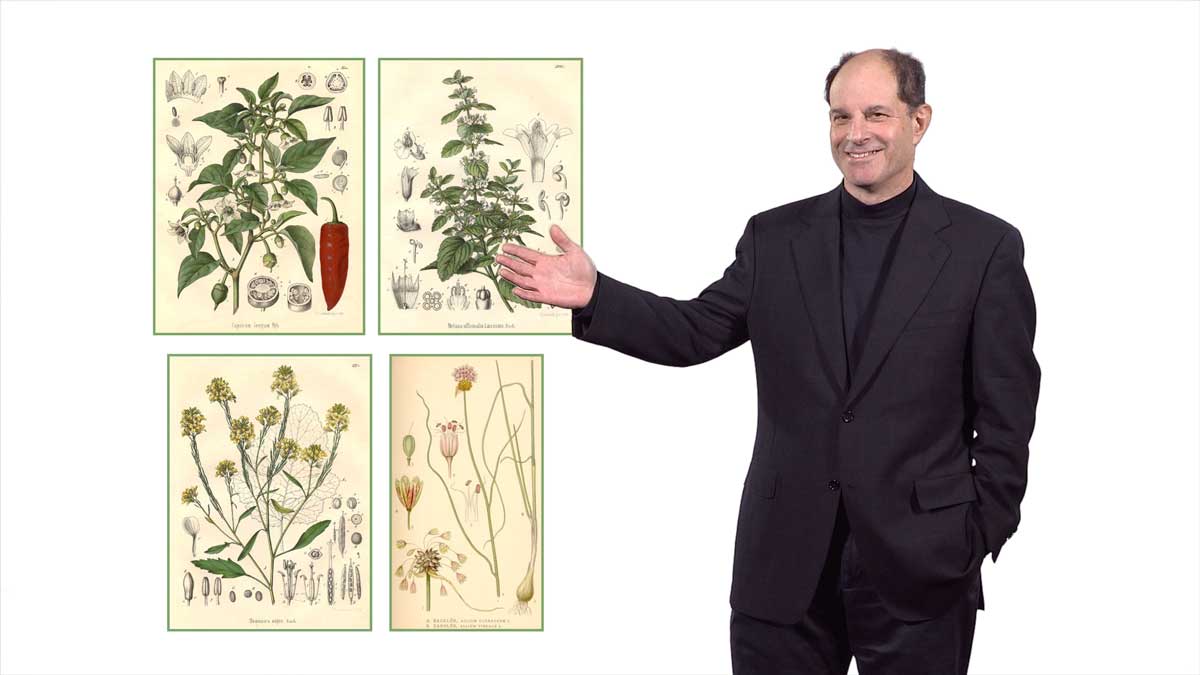
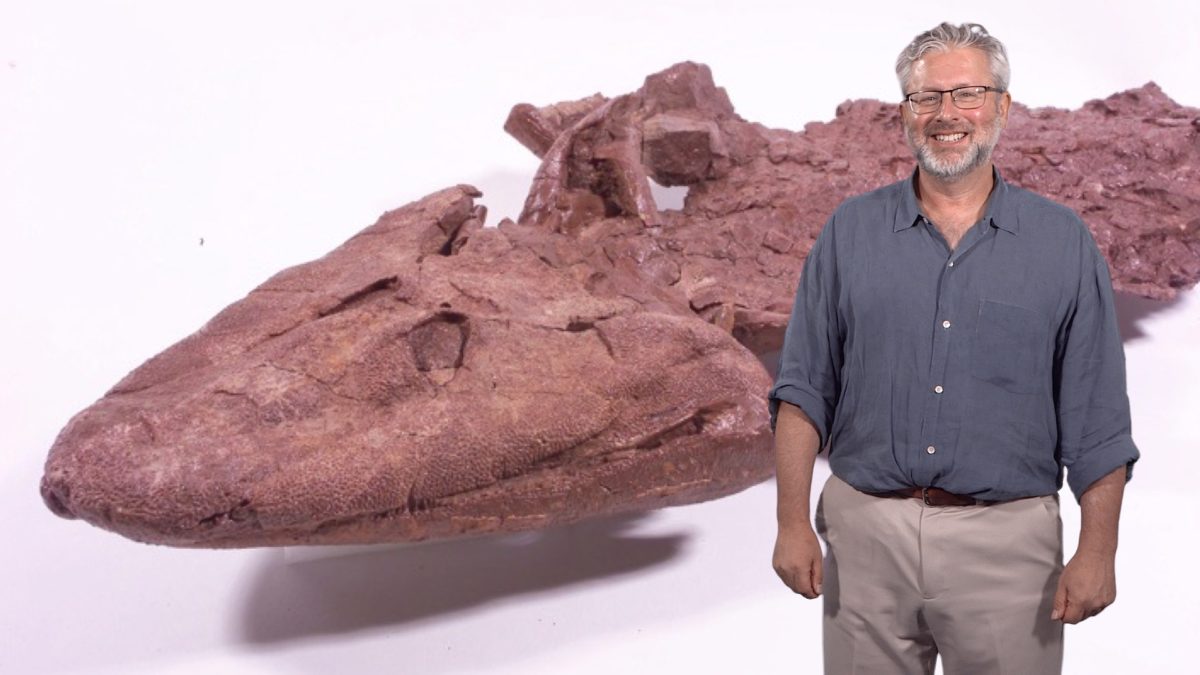
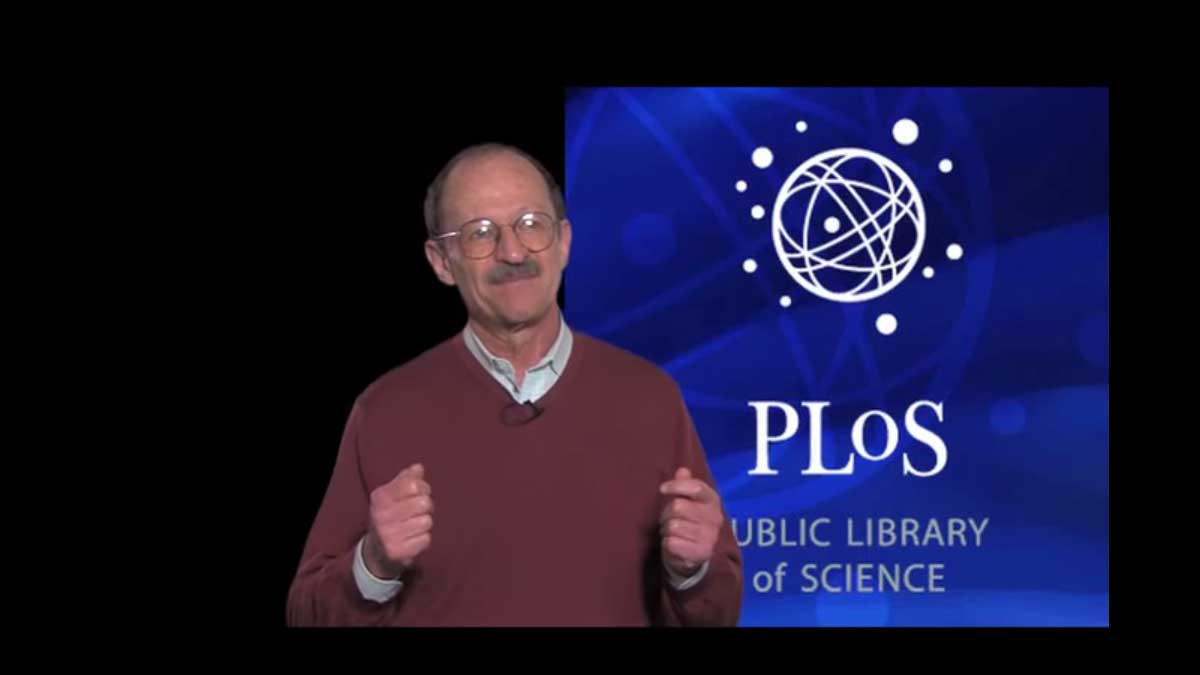
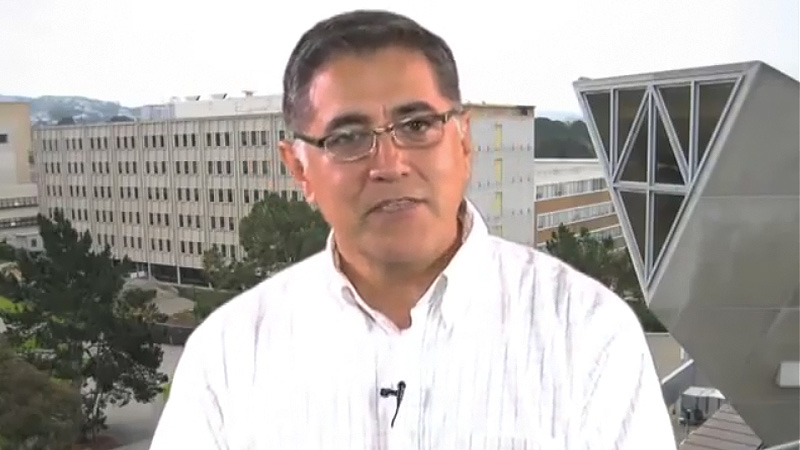
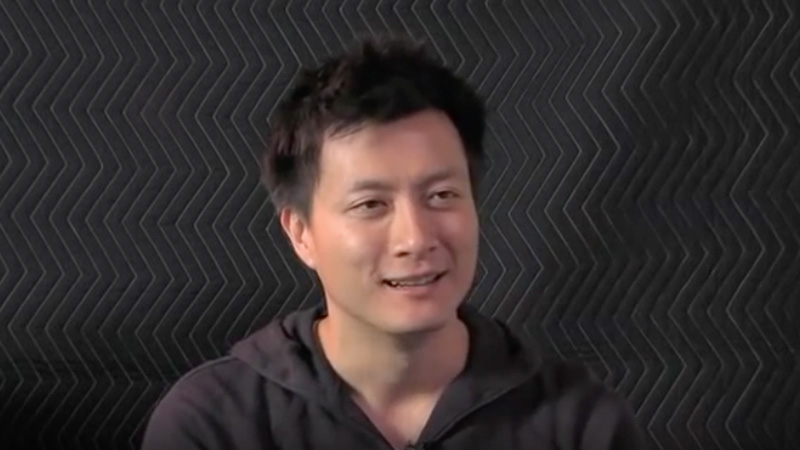






Leave a Reply